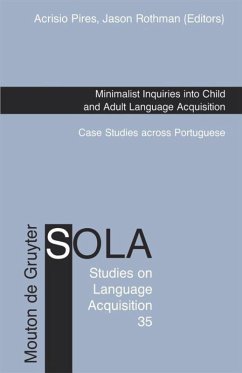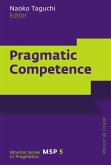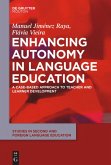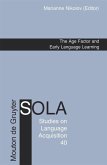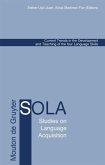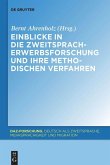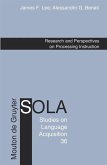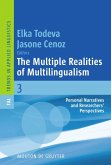This volume brings together chapters written by specialists in North America, Europe and Brazil. It includes original research about the acquisition (L1, bilingualism) and acquisition/ learning (L2 or L3) of dialects of Brazilian and European Portuguese. In an effort to maximize volume cohesion, the emphasis has been on contributions that present studies exploring both empirical/experimental and theoretical aspects of the acquisition of syntax, and its interfaces with morphology, with semantics/pragmatics, and with language change.
Within the generative paradigm alone there are various volumes on the acquisition of other languages, but there are no volumes currently in print focusing on the acquisition of Portuguese. We believe that it is time for such a volume, considering among other factors that Portuguese is the second most widely spoken Romance language (second only to Spanish), and the seventh most widely spoken language in the world.
In addition, the significant changes that have taken place between Brazilian and European Portuguese especially since the 19th century make the inquiry into the acquisition of the different dialects a source for very productive insights about the connections between linguistic theory, language acquisition and language change. Finally, having a collection of high quality articles in one place pays homage to the importance for linguistic research of investigations into the acquisition of the Portuguese language.
Within the generative paradigm alone there are various volumes on the acquisition of other languages, but there are no volumes currently in print focusing on the acquisition of Portuguese. We believe that it is time for such a volume, considering among other factors that Portuguese is the second most widely spoken Romance language (second only to Spanish), and the seventh most widely spoken language in the world.
In addition, the significant changes that have taken place between Brazilian and European Portuguese especially since the 19th century make the inquiry into the acquisition of the different dialects a source for very productive insights about the connections between linguistic theory, language acquisition and language change. Finally, having a collection of high quality articles in one place pays homage to the importance for linguistic research of investigations into the acquisition of the Portuguese language.
"The first volume of its kind, it focuses on generative approaches to the acquisition problem and its interface with language change and dialectal variation. The papers address current issues in morphosyntactic theory raised by micro-variation between European and Brazilian Portuguese. The book is highly recommended for anyone interested in the development of language across generations and geography." (Nina Hyams, Professor of Linguistics,University of California, Los Angeles)
"This volume makes a substantial contribution to cognitive science because it uses extremely valuable descriptive and experimental data to address both the logical and the developmental problem of primary and non-primary language acquisition." (Juana M. Liceras, Professor of Spanish and Linguistics,University of Ottawa)
"This volume makes a substantial contribution to cognitive science because it uses extremely valuable descriptive and experimental data to address both the logical and the developmental problem of primary and non-primary language acquisition." (Juana M. Liceras, Professor of Spanish and Linguistics,University of Ottawa)
The first volume of its kind, it focuses on generative approaches to the acquisition problem and its interface with language change and dialectal variation. The papers address current issues in morphosyntactic theory raised by micro-variation between European and Brazilian Portuguese. The book is highly recommended for anyone interested in the development of language across generations and geography.
(Nina Hyams, Professor of Linguistics,
University of California, Los Angeles)
This volume makes a substantial contribution to cognitive science because it uses extremely valuable descriptive and experimental data to address both the logical and the developmental problem of primary and non-primary language acquisition.
(Juana M. Liceras, Professor of Spanish and Linguistics,
University of Ottawa)
(Nina Hyams, Professor of Linguistics,
University of California, Los Angeles)
This volume makes a substantial contribution to cognitive science because it uses extremely valuable descriptive and experimental data to address both the logical and the developmental problem of primary and non-primary language acquisition.
(Juana M. Liceras, Professor of Spanish and Linguistics,
University of Ottawa)

